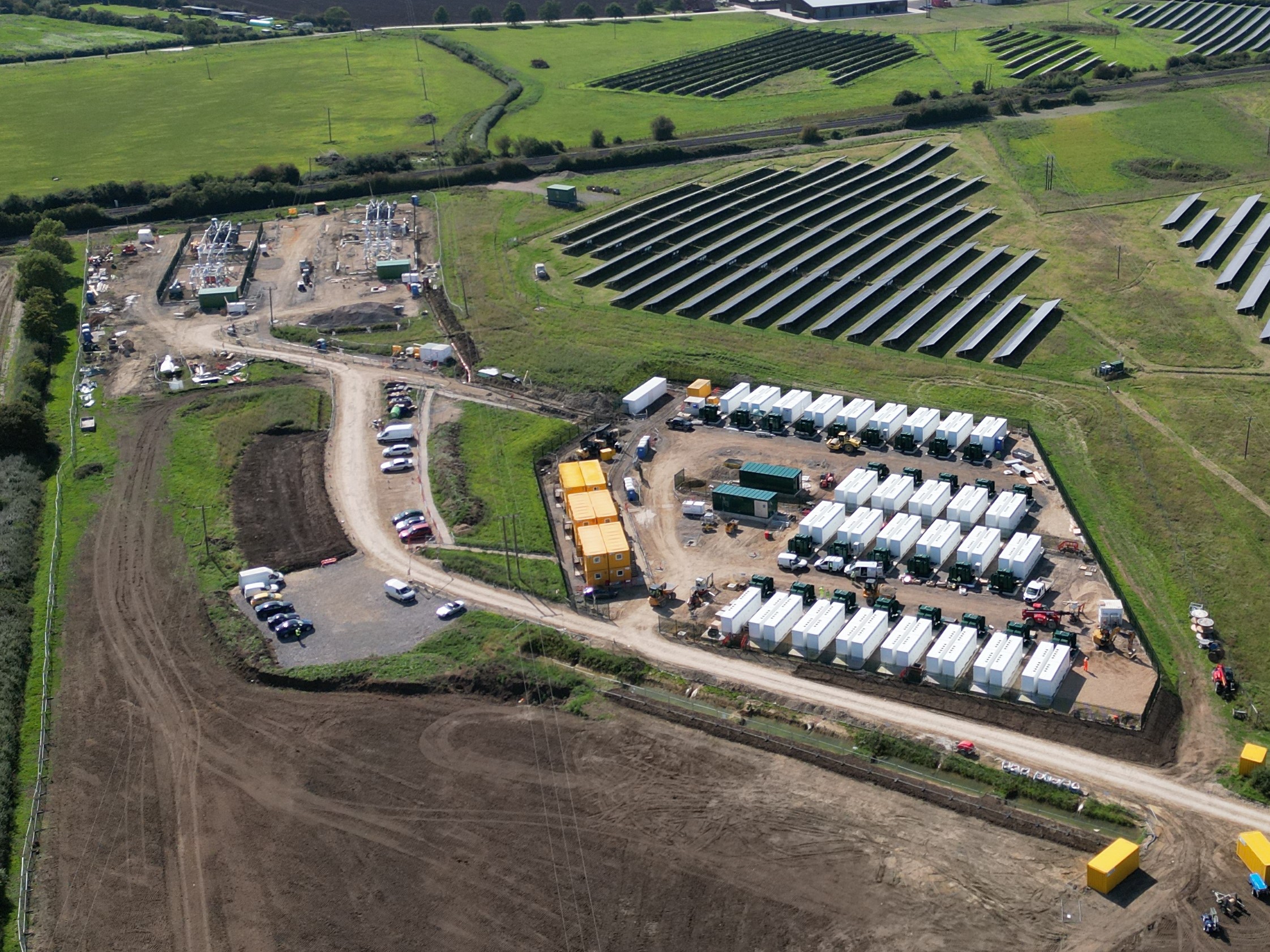The world is awash in plastic waste. From packaging to consumer products, electronics, plastic is everywhere.
We continue to produce more and more plastic that ends up in the ocean and the environment. Due to weathering, it might break down into smaller pieces but never disappears.
But now, to address this global environmental concern, researchers at the Memorial University of Newfoundland (Canada) have produced green plastic from parts of fish no one wants.
An environmentally friendly alternative to petroleum-based plastic
Scientists used the oil extracted from the fish waste like heads, guts, and skin to turn it into plastics. After adding oxygen to the unsaturated oil, they were able to convert this fish oil into a polyurethane-like polymer.
Polyurethane polymer made from fish waste is transparent like cling-wrap. It’s red and acts like conventional plastics but is completely biodegradable. The good part is that the result doesn’t smell fishy.
Fish-oil-based polyurethane is an environmentally sustainable idea
Almost half the weight of a fish is discarded, thrown out, and becomes more waste. Transforming this waste into biodegradable plastic could take care of two major environmental issues at once.
So researchers are working on making this fish-oil plastic more dependable and biodegradable to use in packaging and manufacturing.







